
Vitamins and minerals are essential to ensure a healthy pregnancy for both mother and baby.
A mother’s health is closely bound to that of the baby: during the 40 weeks of pregnancy, the nutrients available in the mother’s body are given to the baby, often in very high doses. Prenatal supplementation will have great benefits for both mother and baby during the pregnancy and after. Also, on top of nourishing the baby, Omega-3 and vitamins will support the mother with the energy needed to take care of the newborn.

FOR THE
BABY
Every nutrient carries out a specific role in their growth and development. Apart from their key role in physical and cognitive evolution, vitamins and minerals will help strengthen the immune system, increase resistance to infections and lower the risk of disease throughout their life.
FOR THE
BABY
Every nutrient carries out a specific role in their growth and development. Apart from their key role in physical and cognitive evolution, vitamins and minerals will help strengthen the immune system, increase resistance to infections and lower the risk of disease throughout their life.

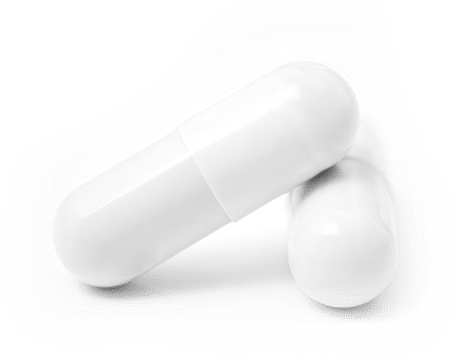
Vitamins
Reduces the risk of preeclampsia.
Crucial in the blood´s coagulation cascade.
Essential for rapid cell division in the developing fetus.
An important antioxidant that helps defend cells during pregnancy.
It plays a role in the formation of the baby’s heart, eyes, ears and limbs; and, it contributes to the mother’s health by increasing resistance to infections, improving immunity and reducing the risk of mortality.
Prevents preeclampsia, gestational diabetes, rickets, premature birth, autism and other developmental and psychiatric disorders.
It helps in the formation of the fetus’s neural tube, and is so important that doctors recommend its intake from the periconceptional period.
The vitamins in this complex have mutually complementary functions and need each other to carry out their functions in the body.
Minerals
Calcium helps build the baby’s bones, and prevents bone loss in the mother.
Magnesium contributes to the prevention or treatment of preeclampsia, cerebral palsy due to premature birth, gestational diabetes, and other conditions.
Chromium helps keep blood sugar levels under control, preventing gestational diabetes.
Iron helps transport oxygen to the body’s cells, and maintain a healthy immune system.
Iodine is essential to the biosynthesis of thyroid hormones T3 and T4, which are crucial in the growth and development of the organs, particularly of the embryonic brain.
Selenium protects against an increased risk of nervous system disorders in the developing fetus, preeclampsia, premature birth, miscarriage, cholestasis, gestational diabetes, and thyroid dysfunctions.
Zinc is largely responsible for the immune system’s function, in addition to regulating the brain’s development.
Contributes to brain development, especially the área that regulates memory and attention, both before and after birth.
Molybdenum is necessary for red blood cell synthesis, and can support the treatment of anemia.
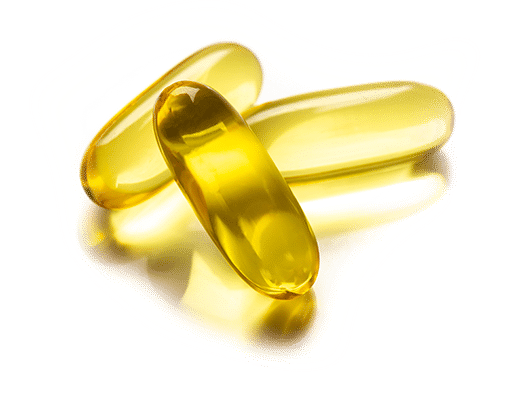
Omega-3 supports the construction of the baby´s brain


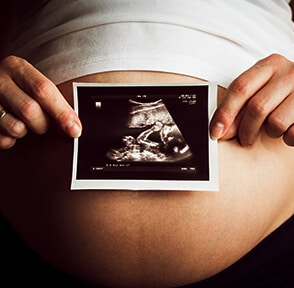
A study published in the journal “Pediatrics” concluded that maternal intake of Omega-3 during pregnancy and lactation increased the IQ of children by the age of 4.
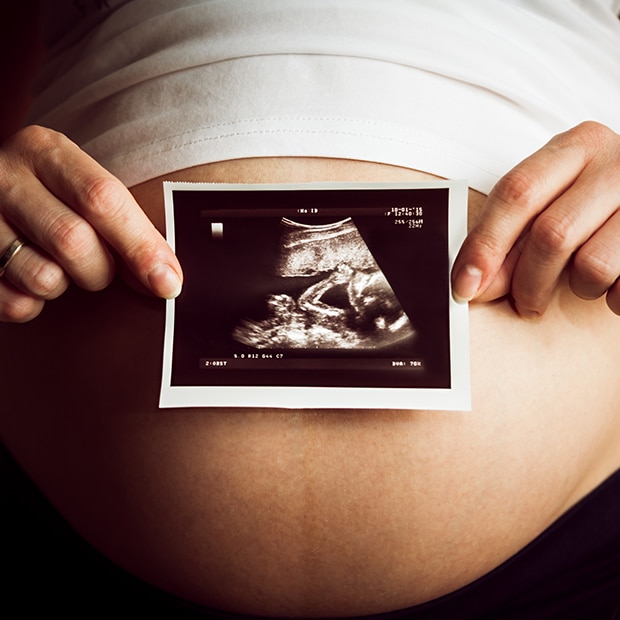
A study published in the journal “Pediatrics” concluded that maternal intake of Omega-3 during pregnancy and lactation increased the IQ of children by the age of 4.
Nearly 60% of the human brain is
MADE UP OF FAT
This fat is extremely important in shaping the external membrane of brain cells, as it allows a quick and effective exchange of “messages” between nerve cells. The intake by the mother of optimal amounts of Omega-3 when most of the structural mass of the brain is developing (during the second and especially third gestational trimesters, extending into lactation), will have a positive impact on the life of a child for many years.
Proven benefits of taking Omega-3 during pregnancy

Children whose mothers have taken Omega-3 during pregnancy show better mental processing, learning, memory, psychomotor development and hand-eye coordination, as well as a reduced risk of developing attention deficit disorder.

Supplementation with DHA will have a positive effect on the development of the child’s eyesight, as DHA is one of the main structural fats in the eye’s retina, accounting for up to 60% of all polyunsaturated fatty acids (PUFA).

Adequate levels of DHA in the diet seem to be crucial to building long-term neuronal resilience for optimal brain performance and aid in the battle against neurological disease.

Healthy pregnancy and birth. Better growth and development of the baby.

Increases ability to cope with stress during pregnancy and helps prevent perinatal depression.

Children whose mothers have taken Omega-3 during pregnancy show better mental processing, learning, memory, psychomotor development and hand-eye coordination, as well as a reduced risk of developing attention deficit disorder.

Supplementation with DHA will have a positive effect on the development of the child’s eyesight, as DHA is one of the main structural fats in the eye’s retina, accounting for up to 60% of all polyunsaturated fatty acids (PUFA).

Adequate levels of DHA in the diet seem to be crucial to building long-term neuronal resilience for optimal brain performance and aid in the battle against neurological disease.

Healthy pregnancy and birth. Better growth and development of the baby.

Increases ability to cope with stress during pregnancy and helps prevent perinatal depression.


Supplementing with DHA
Helps prevent postpartum depression
DHA is one of the basic components of Omega-3, it is considered an essential fat and a fundamental component of the brain’s cellular membrane. It is transferred from the mother to the fetus at very high rates. This transfer is crucial to optimal brain, eye, and immune health, and for the development of the baby’s nervous system. Because it is a nutrient in high demand from the fetus, the mother can often lack adequate amounts, potentially causing postpartum depression and other health problems associated with its deficiency. Supplementing with DHA during pregnancy offers protection and many benefits for both mother and baby.


